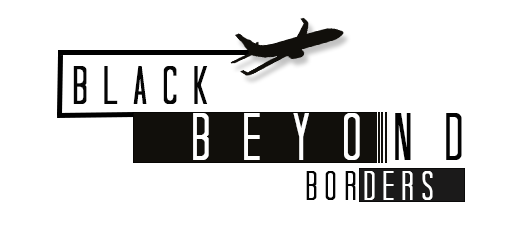The Intersections of the African Diaspora
I now know where to pull the string for the bus to stop at my house, my school, Ipanema Beach, and the mall closest to my house. I celebrate every accomplishment whether it be a conversation uninterrupted by my mispronunciation of a word or paying for groceries without asking the cashier to repeat the price; I am adapting.
Adaptation is a concept that I have always prided myself, especially as an International Studies major, but I am learning that it requires much more patience that I had expected. I am becoming comfortable with the idea of living here, but partially because I know that I will be returning home in three months. I would like to think that I could see myself living in Rio de Janeiro for an unknown period of time, but right now it is still too soon to tell.
However, I do feel much more accepted here in Rio de Janeiro as a Black woman in my most natural state. My curly afro hair and bare, brown skin help me to seamlessly blend into the Carioca (native of Rio de Janeiro) community. Sometimes people will even ask me for directions on the street, which in a strangely comforting way makes me feel like I fit in here, like I belong. However, culturally I still have a lot of adapting to do. Everyday I see people that look just like me, but the second they open their mouths to speak phrases unfamiliar to my ears, I am reminded that we are similar, but not the same.
Sometimes I can’t help but to make social comparisons between the United States and Brazil. I have come to the conclusion that people of African descent are significantly more socially integrated and included in the culture here in Rio de Janeiro than my somewhat segregated social experiences in the United States. People of all different ethnic backgrounds speak Portuguese in an almost identical intonation with none sounding more or less “educated” or slang-speaking than the other. People of darker skin tones are addressed with a friendly smile and a kiss on both cheeks just like anyone else. At this stage, it appears that people of all backgrounds, races, ages and identities are greeted with the same respect and social welcome. Although Afro-Brazilians and Blacks in the United States have many differences, we unfortunately share similar experiences with systemic oppression. For example, both Afro-Brazilians and Blacks in the United States have issues getting access to resources to further their economic development.
Needless to say, I do not believe that one culture is better or worse than the other, but that each presents different experiences for people of African descent.
